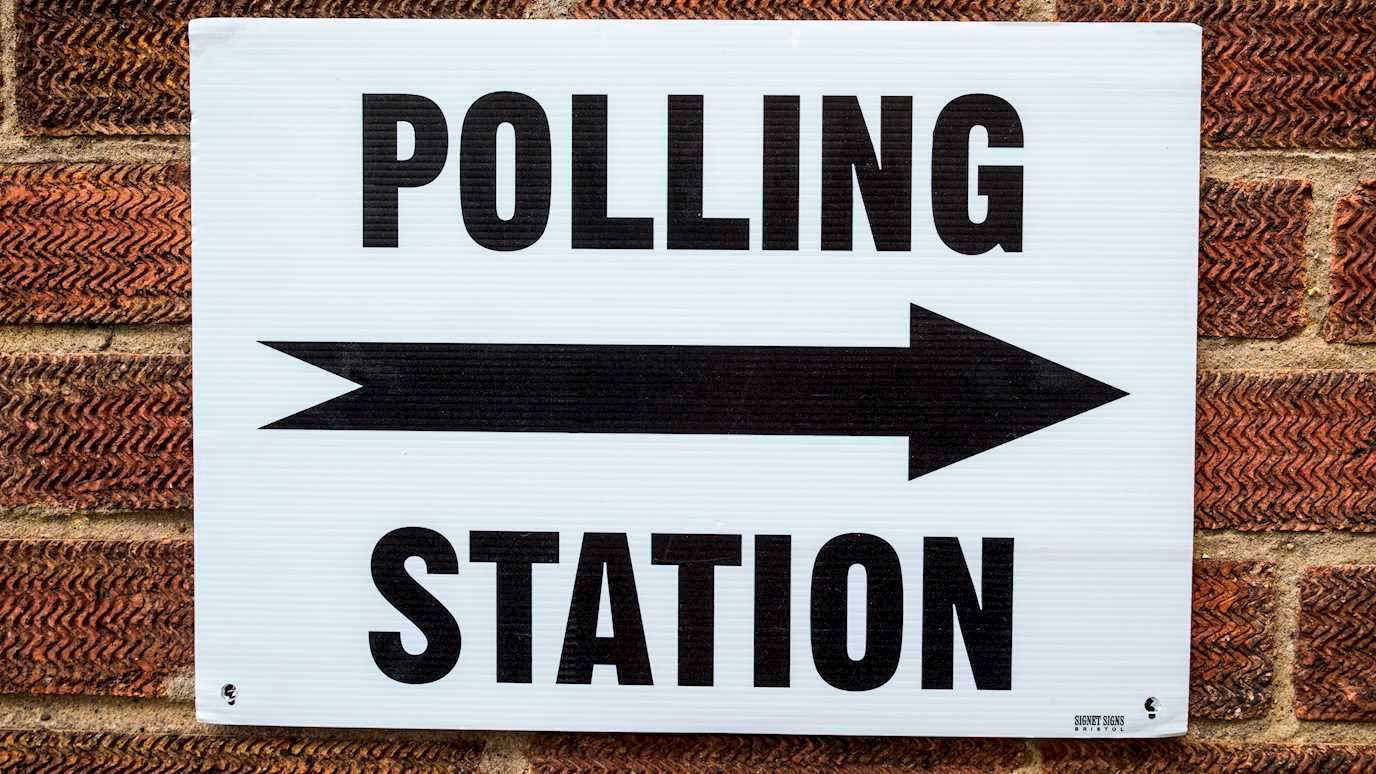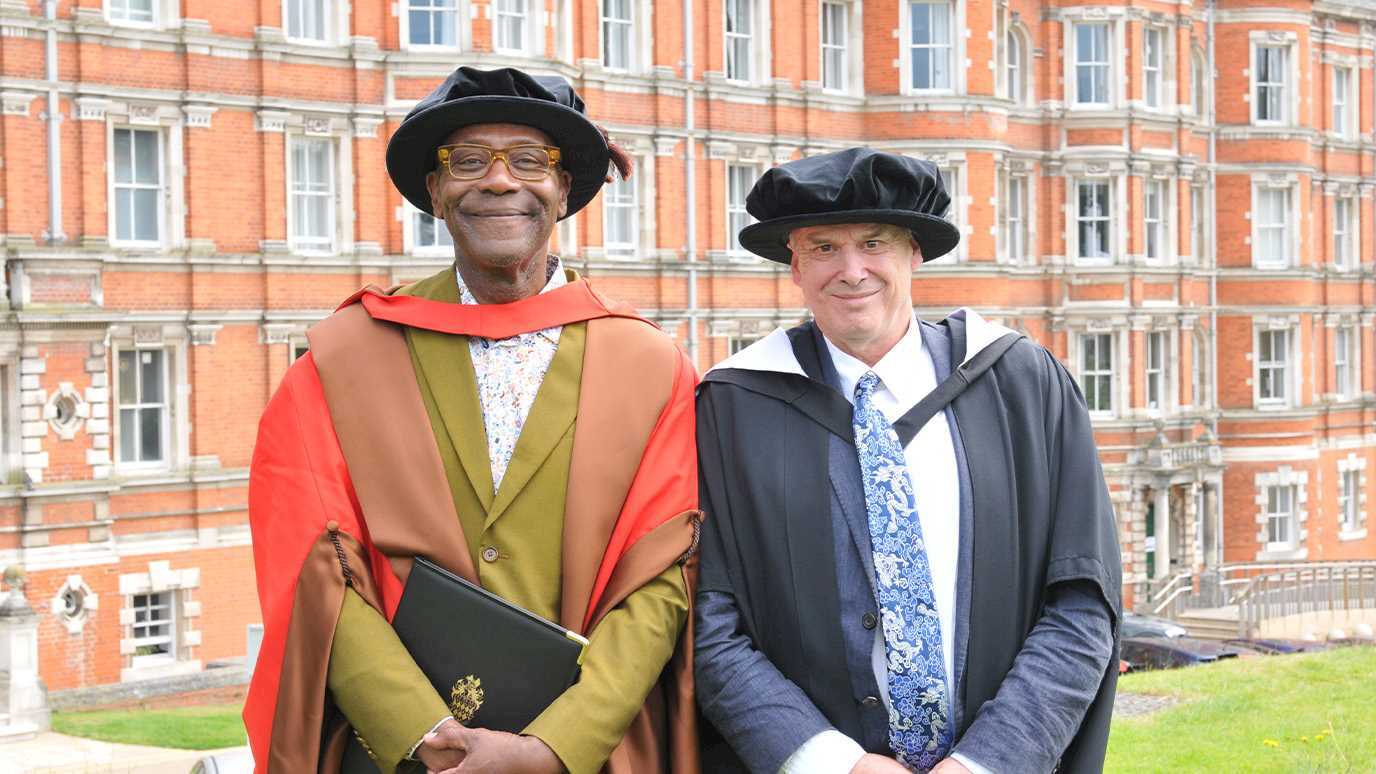Voters struggling to make ends meet on low incomes are ‘up for grabs’ like never before and are set to have a bigger influence on who ends up winning the next General Election, according to a new landmark report on voter behaviour for the independent Joseph Rowntree Foundation (JRF).

The analysis shows that for the majority of this group, concerns about economic fairness remain more important than other concerns, including Brexit – underlining the urgency for the main political parties to address these issues in order to find a path to a majority.
The research, by Professor Matthew Goodwin at the University of Kent and Professor Oliver Heath at Royal Holloway, University of London for JRF, draws on data from the British Election Study (BES). Looking at the last 30 years, it presents one of the most comprehensive studies of low-income voters to date.
With the country at a crossroads and ongoing turbulence in Westminster politics, the analysis provides timely lessons for the main political parties. JRF is urging party leaders to tackle the injustice of poverty and embrace an agenda which unlock opportunities for people on low incomes.
The report found:
- Low-income voters are ‘up for grabs’ like never before. In 2017 Labour enjoyed their highest support among low-income voters since Tony Blair. The Conservatives enjoyed their strongest support among low-income voters since the era of Margaret Thatcher. Although people on low incomes are still more likely to vote Labour than the Conservatives, both parties increased their share of the vote among this group relative to 2015 (Labour by 13 percentage points and the Conservatives by 5 percentage points).
- Low-income voters are engaging in politics to a greater degree. Between 2015 and 2017, their rate of turnout increased by 7 percentage points. This is the first noteworthy increase for 30 years. After a long period in which their political voice had diminished, low income voters have become more involved in politics and want to talk to the parties.
- Not only are low-income voters more likely to turnout, they have become more volatile and less tribally loyal to one party. Between 2010 and 2017, consistently more than 50 per cent of low-income voters either changed whether they voted or not between elections, or changed which party they supported. This means that they are more open to being persuaded to change sides.
- Low-income voters are feeling squeezed by changes in the economy. Today, they are just as likely to say that their households are struggling financially as they were during the 1992 and post-2008 crises. It shows how parties can rely on the current economic conditions to win over their support. Furthermore, they are not sure who to blame for the current situation, which underlines how both Labour and the Conservatives could benefit by making a clearer case about how they will improve the economic situation of low-income voters.
- The findings suggest that amid a volatile and divisive Brexit debate concerns to do with economic fairness between rich and poor are once again at the fore of voters’ decision making. Older ‘left-right’ divides have re-emerged and are once again important: low-income voters lean to the left on economic issues but often lean to rightwards on issues like law-and-order, migration and Brexit.
Claire Ainsley, Executive Director of the independent Joseph Rowntree Foundation (JRF), said: “As British politics remains in deadlock, more families are being swept into poverty and facing unacceptable situations as they struggle to make ends meet. This is a wake-up call to the main parties: people on low incomes and in struggling towns and cities are demanding change.
“Whilst delivering Brexit is important, for the majority action on living standards is the most significant issue driving their voting choices. People are frustrated at the failure of politics to unlock the jobs, investment and opportunities needed so their families and local economies can thrive.
“Low-income voters now occupy an increasingly important position in General Elections. Not only are they turning out to vote in greater numbers, they are also the most likely group to switch party or change their view.
“The party which embraces this agenda and sets out credible solutions to solve these problems and loosen the grip of poverty may find the keys to Number 10 in their hands.”
Professor Oliver Heath, from Royal Holloway’s School of Politics, International Relations and Philosophy, added: “Both main parties have made recent gains among low income voters. But to consolidate these gains there is still a lot that they can do.
“For Labour this means providing a credible plan for how they will improve living standards and to have a clear message on crime, law and order and Brexit. And for the Conservatives this means demonstrating a commitment to promoting economic fairness and reducing the gap between rich and poor.”
Professor Matthew Goodwin, Professor of Politics and International Relations at the University of Kent, said: “Low-income voters are essential to understanding why Britain is where it is today, where it might be heading tomorrow and to explaining the varying fortunes of our political parties. Low-income voters occupy an increasingly important position in shaping the results of elections.
“The implications for the main parties were reflected at the outcome of the 2017 general election. Labour was more successful in low-income Britain because they tapped into the left-wing economic views of low-income voters. They can build on this success, but they need to be mindful about low-income voters attitudes towards crime and law and order, as well as Europe, and think about how they can bolster living standards.
“The Tories have considerable potential among this group because they are closer to low-income voters on issues like Europe and crime. If the Conservatives switch toward an economic message that has more resonance among low-income voters they could unlock considerable even more support. Put simply, there are good reasons for both of the main parties to adapt their position.”























